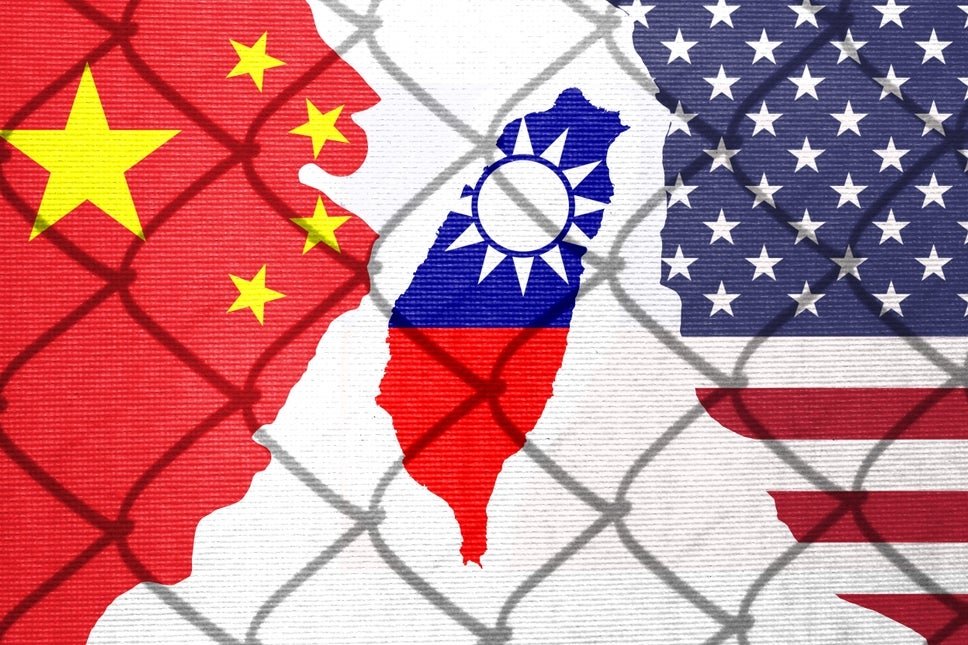Chinese President Xi Jinping reportedly urged U.S. President Joe Biden to adjust the language used by the United States concerning Taiwan’s independence. This request was made during a meeting near San Francisco last November.
What Happened: Xi’s aides have persistently followed up on this request, but the U.S. has maintained its stance. The White House reiterated its commitment to the “One China” policy, emphasizing that the Biden-Harris administration does not support Taiwan’s independence, Reuters reported on Tuesday.
Any change in U.S. language could have significant implications for the Asia-Pacific region, affecting trade and diplomatic relations. It could signal a shift in U.S. policy, potentially impacting Taiwan’s defense and diplomatic goals, especially amid increased military activities by China around Taiwan.
Why It Matters: The ongoing tension between the U.S. and China over Taiwan has significant implications for the global chip industry. A recent poll indicates that a majority of Taiwanese citizens downplay the threat of a Chinese invasion within the next five years, though concerns about China’s territorial ambitions remain. This sentiment is crucial as it affects the strategic decisions of major Taiwanese companies like Taiwan Semiconductor Manufacturing Co. TSM which are integral to the global semiconductor supply chain.
Amid rising security concerns, the U.S. and Taiwan have been working together to strengthen their drone industry cooperation to create supply chains independent of China. This collaboration aims to “de-risk” supply chains amid U.S.-China competition.
In a related development, Taiwan Semiconductor recently halted shipments after discovering a link to Huawei Technologies, citing U.S. sanctions.
Read Next:
Photo by Andy.LIU Shutterstock
This story was generated using Benzinga Neuro and edited by Pooja Rajkumari
Market News and Data brought to you by Benzinga APIs
© 2024 Benzinga.com. Benzinga does not provide investment advice. All rights reserved.


